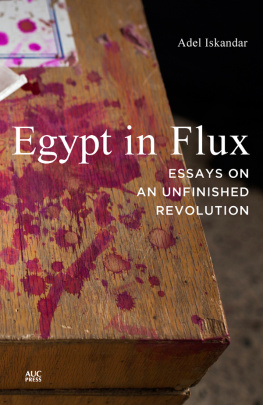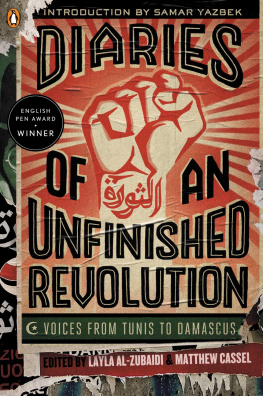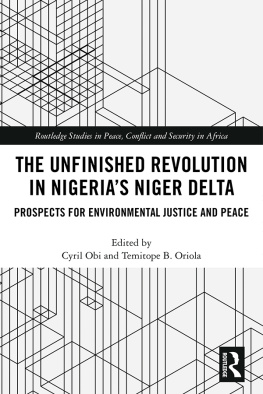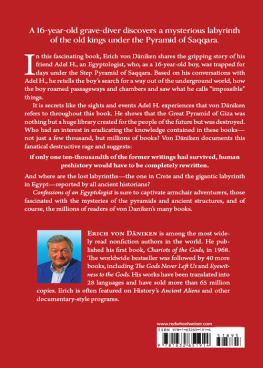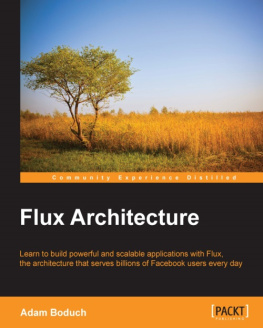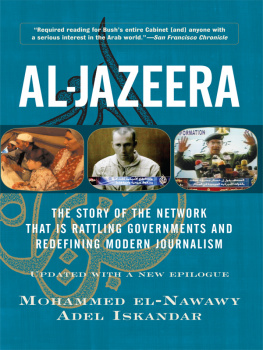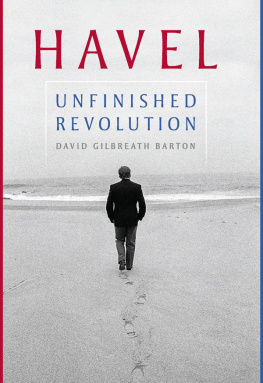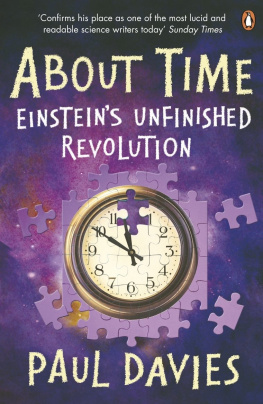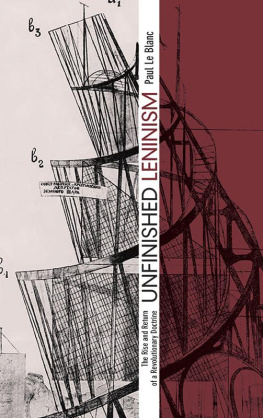

First published in 2013 by
The American University in Cairo Press
113 Sharia Kasr el Aini, Cairo, Egypt
420 Fifth Avenue, New York, NY 10018
www.aucpress.com
Copyright 2013 by Adel Iskandar
All rights reserved. No part of this publication may be reproduced, stored in a retrieval system, or transmitted in any form or by any means, electronic, mechanical, photocopying, recording, or otherwise, without the prior written permission of the publisher.
Geddo and Messianic Football, On Marina and Chvez, The Simulacra of Religious Intolerance, Learning to Mourn with the Poles, Never Say No to the Panda, Best in Show, The Hegemony of Sharks, The End of Illegitimacy, Coptic Exodus from Disneyland, Ablaze the Body Politic, Dared to Defy, On Constitutional Reform, Liberating the Media, Whos Your Daddy? The Three-Horned Bull, The Conscientious Objectors, Morsis Debts, A Seven A, Patron Saints, New Face, Lemons and Raisins, and Blood Ballots were previously published in Egypt Independent. Versions of Reclaiming Silence were previously published in Egypt Independent and the Huffington Post. The Gravity of Pharaohs was previously published in the Huffington Post and Egypt Independent. The Ax-bearers was previously published under the title The Baltageya in Egypt Independent. After Maspero was previously published under the title Muslim, ChristianOne Hand! in the book Demanding Dignity, edited by Maytha Alhassan and Ahmed Shihab-Eldin (Ashland, Ore.: White Cloud Press, 2012). Year of the Ostrich and A Nation Derailed were previously published in Jadaliyya. Tragedy and Farce was previously published under the title Egypts Shooting of an Elephant in Egypt Independent. Media Forms was previously published under the title Watching the Demise of Journalistic Form in Egypt Independent. All reproduced by permission.
Dar el Kutub No. 14035/12
eISBN: 978-1-6179-7354-3
Dar el Kutub Cataloging-in-Publication Data
Iskandar, Adel
Egypt in Flux: Essays on an Unfinished Revolution / Adel Iskandar.Cairo: The AmericanUniversity in Cairo Press, 2013.
p. cm.
ISBN 978 977 416 596 2
1. Egypt History
1 2 3 4 517 16 15 14 13
Designed by Jon W. Stoy
To the motorcycle riders who in November 2011 on Muhammad Mahmud Street shuttled the injured to hospitals and the dead to morgues as battles raged between revolutionaries and the regime. Others were busy campaigning for elections.
And to those revolutionaries who prevented anyone with a university degree from accessing the front lines so they can live on to rebuild the country. They are the guardians of the revolution, not those in the corridors of power nor those who speak in their name.
For Sophia, who arrived in a changing world.
1
THE END DAYS
Anyone who has the power to make you believe absurdities
has the power to make you commit injustices.
Voltaire
The two citizens who tried to set themselves ablaze in front of the building of the Peoples Assembly last week were driven by personal reasons. It is wrong to cite just two examples of self-immolation and say this is a common phenomenon. Their motives were personal. It is quite wrong to allege that they were making political demands.
Fathi Surur, speaker of parliament, January 19, 2011
Until they become conscious they will never rebel, and until after they have rebelled they cannot become conscious.
George Orwell, 1984
We are hungry! Eighteen days have already elapsed this month!
Chant of striking workers, Dayr al-Medina, Egypt, circa 1170 BCE
If I could meet the Sultan, I would say to him:
O, Sultan
Your hounds tore my clothes
Your agents are always behind me
Their eyes are behind me
Their noses are behind me
Their feet are behind me
Like certain fate, like eternal justice
They question my wife
And write
The names of my friends
O, ye children
You are the spring rain... the wheat spikes of hope
You are the fertile seeds of our sterile lives
You are the generation that will defeat defeat.
Nizar Qabbani, Margin Notes on the Book of Defeat (1967)
July 22, 2010
E gypt has never been known for its quietness. The throngs of tourists that visit its capital every year observe the bustling commotion of the metropolis, the loudness of the streets, and the high decibel level of spoken Egyptian. Sporting celebrations and traditional weddings often erupt in ear-piercing festivities. Attempts at controlling gratuitous use of the car horn often fall on deaf ears. An exodus of Cairos affluent out of the busy hubs to new suburban residential developments is often rationalized on the grounds of seeking tranquillity.
What is normal in Egypt likely qualifies as noise pollution in other parts of the world. And the threshold for noise in Egypt would warrant the issuance of violation notices in many countries. This extends to human interaction. Egyptians are loud, expressive, and boisterous conversationalists. Silence rarely plays a role in their daily affairs. In some countries, like Japan and Finland, silence is a fundamental component of basic social interaction and often denotes respect and friendliness. Many religious traditions, from Buddhism and Hinduism to Sufism and Trappist Catholicism, implore adherents to observe total silence, in order to raise worship to meditative levels and express complete devotion and supplication. Among the Native American Western Apaches of the United States, silence is a specific strategy deployed in observation and anticipation of the other persons expression and behavior, before taking action or articulating a response. It is most commonly used during times of uncertainty or anger, precisely the conditions when the average Egyptian is inclined to vocalize.
Therefore it comes with some degree of irony that the word of greatest salience in Egypt this week is in fact silence. Since the brutal beating and death of the now-iconic Alexandrian young man Khaled Said, a Facebook group with 200,000 members has publicized one silent protest after the next to protest police brutality, demand justice for Said, and call for an end to the Emergency Law. The latest installment of these quiet protestations, where participants are asked to dress in black and stand side by side along the waterfronts of Cairo and Alexandria while reading their Qurans or Bibles, falls on the fifty-eighth anniversary of the 1952 coup. The group members have named this the Silent Revolution and hope to exceed the numbers gathered in previous protests.
But silence is not new to Egyptians. Political scientists and learned observers often produce accounts of political suppression during various periods in Egypts contemporary history, showing that the muzzling of dissent has become part and parcel of the fabric of Egyptian expression. Yet, despite the often clichd image of the apathetic, laissez-faire attitude Egyptians are said to have vis--vis politics, silence as strength rather than subservience has a surprisingly long history in Egypt.
More than 4,500 years ago, the ancient Egyptian vizier Ptahhotep of the Fifth Dynasty wrote a manual of instructions that taught his successors how to perfect the craft of fine speech with rules derived from religious principles and practical psychology. The first canon of Egyptian rhetoric was silence. It was described as a moral posture and tactic, not to be confused with passivity or quietism. Ptahhotep wrote that when arguing with a superior, bow your back and be silent; he will confound himself and be thought a fool.



